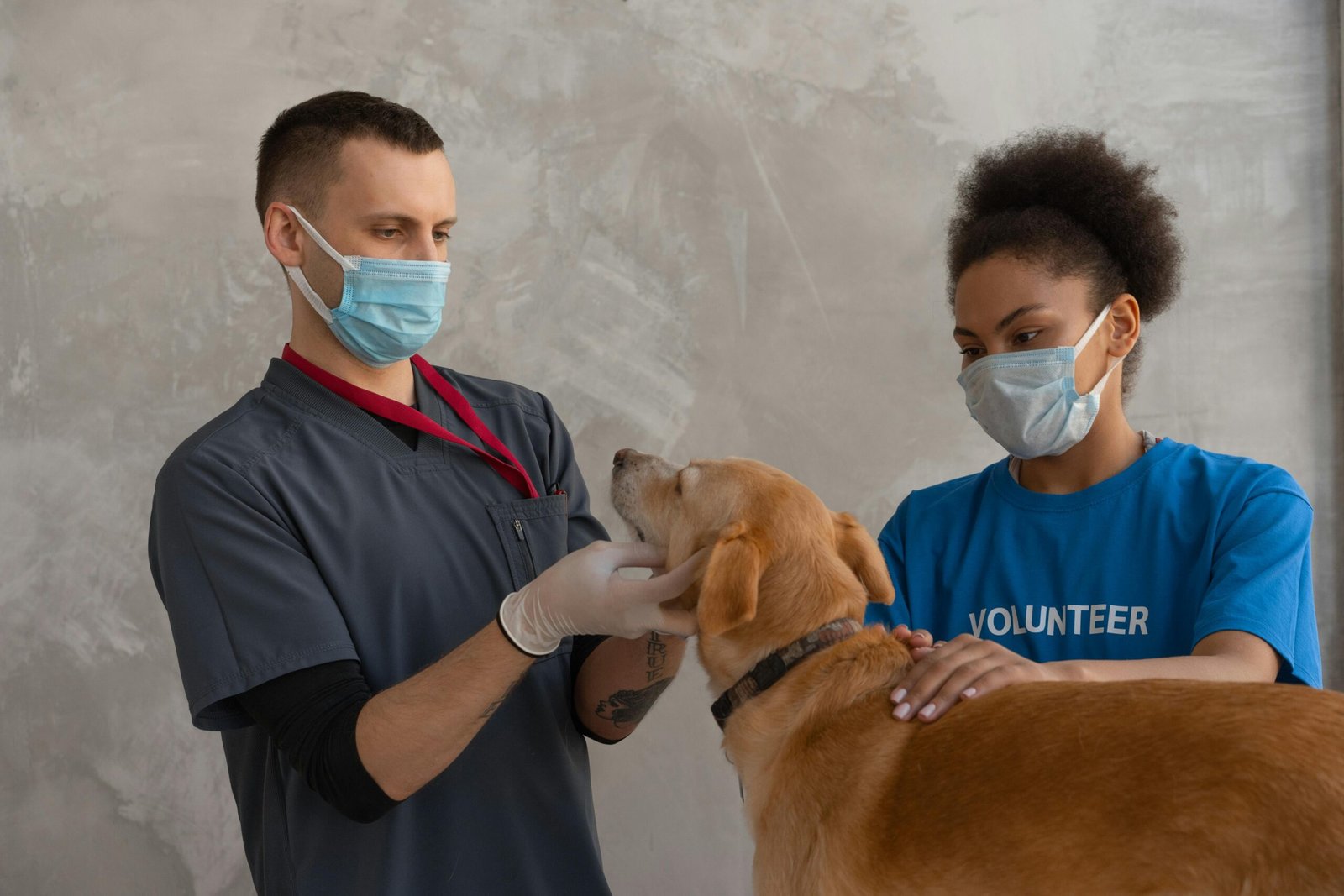At Cypress St. Animal Hospital, we believe prevention is the best medicine—especially when it comes to protecting your pets from parasites like heartworms and fleas. These tiny invaders can cause significant health issues if left untreated. Fortunately, both are highly preventable with the right care, vigilance, and veterinary support.
If you’re a pet parent in Vancouver, BC, here’s what you need to know about heartworm disease and flea prevention, including how to keep your furry companions safe year-round.
Understanding Heartworm Disease
Heartworm disease is a serious and potentially fatal condition, primarily affecting dogs but also posing risks to cats. It’s caused by parasitic worms that live in the heart, lungs, and blood vessels.
How It Spreads
Mosquitoes are the culprits. When they bite an infected animal, they ingest heartworm larvae. Those larvae mature inside the mosquito, and when it bites another animal, it transmits the disease. Inside your dog, heartworms can grow up to a foot long and live for as long as 7 years.
Symptoms of Heartworm Disease
In the early stages, heartworm disease may not show any visible symptoms. As the disease progresses, you may notice:
•Persistent coughing
•Fatigue after moderate activity
•Decreased appetite and weight loss
•Difficulty breathing
•Signs of heart failure
If you observe any of these signs, schedule a visit to Cypress St. Animal Hospital immediately for testing and diagnosis.
Prevention Is Key
Preventing heartworm disease is much easier—and far less costly—than treating it.
•We recommend monthly preventive medication, available by prescription only.
•Dogs over 7 months old should be tested for heartworms before starting treatment.
•Annual testing ensures that any new infection is caught and managed early.
Our veterinarians will guide you in selecting the safest and most effective preventive plan based on your pet’s age, weight, and lifestyle.
Fleas: Small Insects, Big Problems
Fleas are a common issue, particularly during Vancouver’s warmer months. These tiny, fast-moving insects are not just a nuisance—they can cause allergic reactions, skin infections, and transmit tapeworms.
The Flea Life Cycle
Fleas reproduce quickly, making early intervention crucial. Their life cycle includes:
1.Eggs – Laid on your dog or around your home, they hatch in about 12 days.
2.Larvae – Hide in carpets and crevices, feeding on organic debris.
3.Pupae – Develop into adults inside a cocoon, highly resistant to most treatments.
4.Adults – Jump onto pets, bite, and begin feeding almost immediately.
In warm conditions, fleas can complete this cycle in as little as 3 weeks.
Signs of Fleas on Your Dog
•Excessive scratching, licking, or biting
•Red, inflamed skin or hair loss
•Small scabs or “hot spots”
•Presence of flea dirt (resembles ground pepper and turns red when wet)
•Visible tapeworm segments in stool
Some pets may not show any irritation, while others—especially flea-allergic dogs—may react severely to even a single bite.
Controlling & Preventing Fleas
Flea infestations can be difficult to eliminate, but they’re preventable with consistent care.
What You Can Do:
•Use monthly flea prevention treatments—available in oral or topical form.
•Treat your pet and your home simultaneously to stop reinfestation.
•Wash pet bedding frequently and vacuum regularly.
•Use long-acting sprays or powders that target eggs, larvae, and adults.
•In severe cases, seek professional pest control assistance.
There are numerous flea prevention options available—sprays, collars, shampoos, and more. Our veterinarians can help you find the best product for your pet’s specific needs and lifestyle.
Keep Your Pet Safe Year-Round
Heartworms and fleas are more than just a seasonal problem—they’re a year-round threat. The good news? With the right preventative care and guidance from your veterinarian, your pet can stay happy, healthy, and parasite-free.
Cypress St. Animal Hospital
Address: 1889 Cornwall Ave, Vancouver, BC
Phone: (604) 734-2500
Serving the Kitsilano, West Vancouver, Downtown Vancouver, and Richmond communities, we’re here to help protect your pets from preventable diseases with personalized, compassionate care.
Call today to schedule your pet’s parasite prevention consultation!


